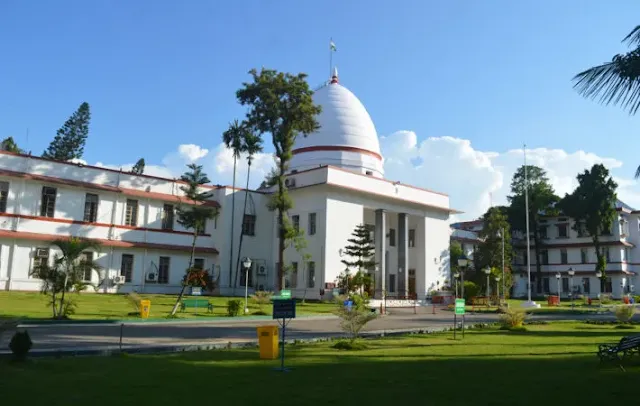In a recent ruling, the Gauhati High Court examined whether ad hoc service should be considered in calculating seniority when such service is subsequently regularized. The case involved a dispute between two educational institution employees regarding their seniority standing. The primary issue centered on whether an individual's seniority could be determined from the beginning of their ad hoc appointment, as the respondent claimed, or only from the time of formal regularization, as the appellant argued.
Background of the Dispute
The controversy began when the respondent, initially appointed as an ad hoc principal, had their position regularized. The respondent argued that their ad hoc service, though initially provisional, should count towards their overall seniority once the appointment was formalized. The appellant opposed this, arguing that ad hoc service should remain separate from regularized service, especially in terms of seniority calculations. This dispute exemplifies a broader issue in public sector employment, where individuals serving in ad hoc positions often seek seniority benefits when regularized.
Legal Framework and Precedent Consideration
The Court reviewed the relevant legal frameworks governing ad hoc appointments and seniority. Generally, ad hoc appointments are made as temporary measures, often without the full procedural requirements of a regular appointment. However, Indian legal precedent does allow for ad hoc service to be counted towards seniority if it is regularized properly. Key judgments have established that if an employee’s ad hoc service fulfills certain procedural norms and eventually leads to regularization, then such service may indeed count towards their seniority.
Court's Findings on Procedural Legitimacy
An essential aspect of the Court's review was the procedural validity of the respondent's original ad hoc appointment. The appellant questioned whether the respondent’s qualifications were valid, claiming procedural discrepancies that would affect seniority eligibility. However, the Court upheld the respondent’s qualifications as legally sound, asserting that the ad hoc appointment was not in violation of any statutory guidelines and was regularized following proper protocols.
The Court's Decision
Ultimately, the Gauhati High Court ruled in favor of the respondent, confirming that ad hoc service could count towards seniority if regularized under proper channels. This decision reinforces the view that individuals appointed in ad hoc capacities should not be disadvantaged in terms of seniority if their roles are later made permanent. This ruling serves as an important precedent, emphasizing that ad hoc service, when regularized, should receive recognition equivalent to regular service in seniority calculations.
Conclusion and Implications
This decision highlights an essential legal principle in employment law and may influence similar cases in educational institutions and public sector employment. By affirming the recognition of regularized ad hoc service for seniority, the Court ensures that procedural fairness is maintained and that employees who have committed substantial time in provisional roles receive due acknowledgment. This ruling promotes a balanced approach that honors both the ad hoc contributions and formal regularization in determining seniority rights.










0 Comments
Thank you for your response. It will help us to improve in the future.